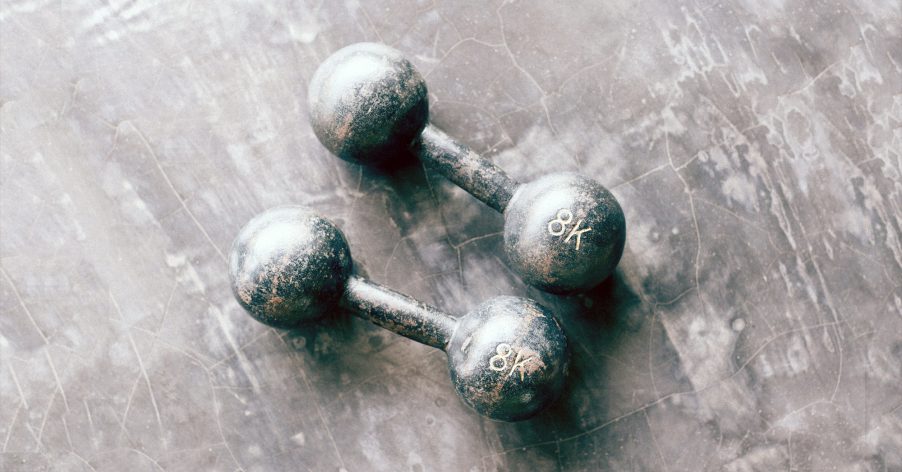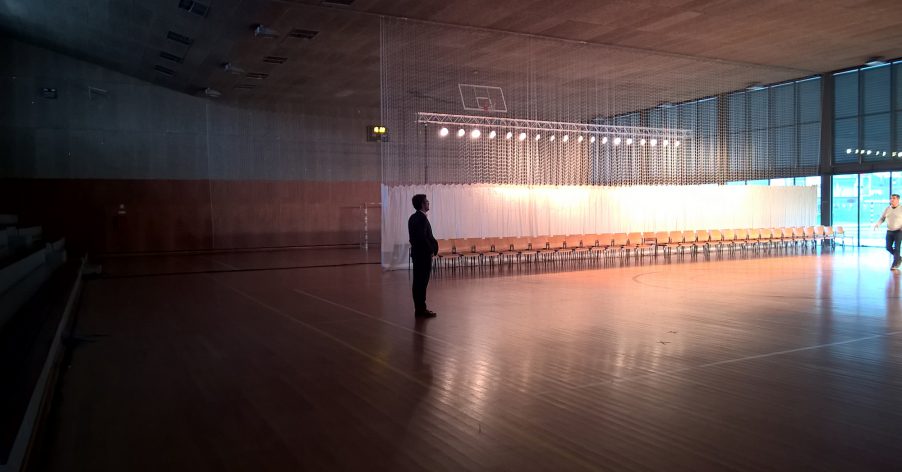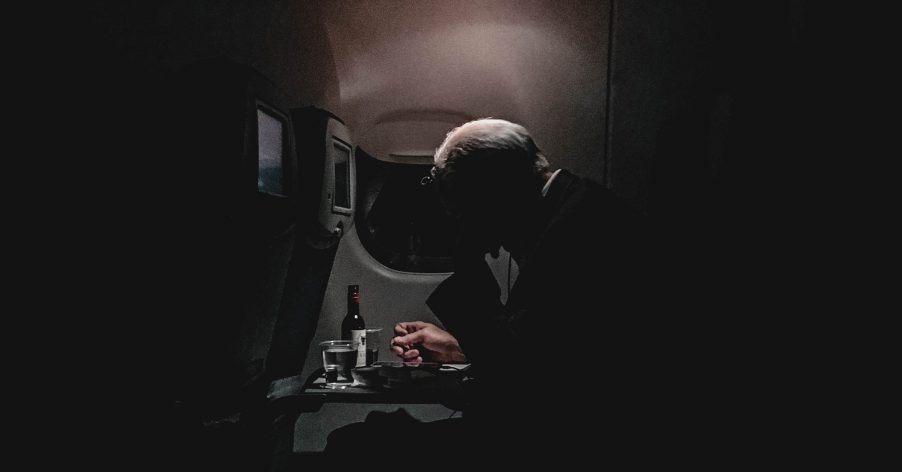Some meta-advice about different kinds of advice and when it’s appropriate and ethical for experts to give them.
read the article →Turns out that the bog-standard “8 hours per night” recommendation is probably pretty close to true for most people— but the reasons why are fascinating.
read the article →Before we get into how much sleep you should be getting, let’s talk a little about how much sleep you can get away with and still stay healthy.
read the article →Strength training is incredibly important — and incredibly difficult to do while you’re traveling for work. In this guide, we cover ways to strength train wherever you are, be that a full gym, a hotel gym, or a hotel room.
read the article →What kind of workout you should do depends pretty heavily on your goals — but the answer probably includes strength training.
read the article →Sleep is important, but sometimes circumstances conspire to make it impossible. These supplements can help you get to sleep, and also help you stay awake when you haven’t slept well (or need to stay up).
read the article →The short answer is that you should eat snacks that are both dense and highly filling, but that’s a pretty tough needle to thread — we have to turn to SCIENCE! to find food that fits all those criteria.
read the article →All of that stuff you’ve heard about them giving you cancer or spiking your insulin “just like sugar does” is total nonsense, but that doesn’t mean we should all suck down a half-dozen Diet Cokes a day, no matter how delicious Diet Coke is.
read the article →To give fitness advice for a living, you have to make a living giving fitness advice. Understanding how fitness professionals make money is key to understanding why they do what they do — and why they sometimes give bad advice.
read the article →Bulletproof® founder Dave Asprey makes a lot of claims about the health benefits of Bulletproof® coffee. Here’s why they’re mostly bullshit.
read the article →








